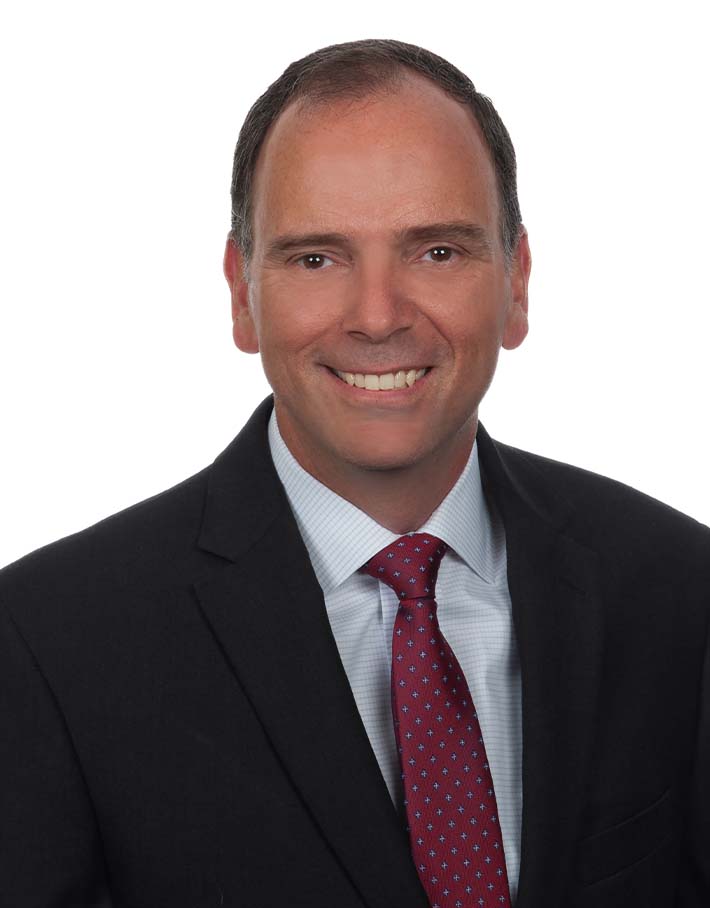
Not every firm needs a full-time CFO, and sometimes it makes sense to support your current CFO with extra help. This episode of the Oyster Stew podcast discusses when it makes sense to hire a fractional CFO and what to look for.
Transcript
Libby Hall: Hi everybody and welcome to today’s Oyster Stew podcast. I’m Libby Hall from Oyster Consulting, and today we’re going to talk about when and why a fractional CFO makes sense. Our experts are Rob Hall and Bob Milburn. I’m going to let them take it away, Rob.
Rob Hall: Hi, I’m Rob Hall. I’m the CFO of Oyster Consulting. I’m here with Bob Melbourne, a consultant with us on the finance side. So Bob, why don’t we talk about what is a fractional CFO as opposed to an outsource CFO or an interim CFO?
Bob Milburn: Well, like you’ve just said, there are actually two flavors that we’re talking about today. One is the interim CFO, and that’s generally when you already have a full-time CFO who has left that position, whether they’ve left their firm or they’ve rotated into another slot. In that particular instance, you’re looking to keep the fires going. You don’t want to lose momentum, so you’ll hire an interim person to help run the shop until you’re able to source and find that CFO replacement. However, today, I think what we’re really trying to talk about is the fractional CFO and that particular person will cover many different types of positions or projects for the firm, depending upon what you, as the owner need to accomplish.
Rob Hall: So, then what makes a strong CFO?
Bob Milburn: Well, I think a strong CFO realizes it’s more than just debits and credits on the books. It’s also, and it actually any particular CFO, if they’re spending more than 30% of their time on accounting, they’re not really going to make it as a CFO. What you really want out of a CFO is someone who not only can take care of the books and records and the same time audits and things of that nature, as well as working with the regulatory bodies for the particular firm. But you also want someone who not only can help you with strategy, determining what the direction of the firm should go into, but also someone who can help drive that strategy by working with the other departments within the firm
Rob Hall: Or not in the case where the CFO doesn’t want to move in that, in that direction.
Bob Milburn: And yes, there’s always that push pull drama that goes on in the C-suite
Rob Hall: Talking about broker-dealers and registered investment advisors, what are they going to be looking for?
Bob Milburn: Well, in today’s environment as a lot of these private equity firms, roll-up broker dealers and retail, our registered investment advisors, it’s really incumbent for the firm to stay ahead and to continually recreate themselves and their offerings to the retail customers. So in that particular instance, what you’re looking for is someone who can A) help you with your strategy to figure out where to position your firm and B) help you implement that strategy by reviewing various different automations and offerings that the firms can offer to their customers. If the firm itself wants to stay independent. Now it’s quite possible that you as an owner are ready to look at your exit strategies. And if that’s the case, you’re going to want somebody who can help you with the financial information the private equity firms are going to want to see. And they’re going to want to know that the stuff is very solid and that there are answers when they ask the questions. And normally, even though you might have a very good accounting staff, what they’re really looking for are the analytics and not necessarily that the debits and credits are in the right place.
Rob Hall: So let’s talk about qualifications that those people that might be looking for a fractional CFO, what qualifications should they be looking for?
Bob Milburn: Well, when you’re looking for a fractional CFO, you want somebody that has deep experience in the particular industry that you’re working in. You want somebody who understands the operations, the cash flows, and quite frankly, the reasons why these firms operate the way they do. So to do that, you’re looking for someone with some experience, hopefully 10 to 20 to 30 years’ worth of experience with this going across several different firms. So they didn’t spend their entire career at one particular firm. So they’ve seen various different ways to solve the same problem, or you want someone with a decent knowledge of accounting. You don’t necessarily have to be a CFO CPA, however, that is beneficial. And you want someone that understands the regulatory environment that these firms operate in, as well as understanding how to work with it.
Rob Hall: So let’s talk a little bit about the cost of a fractional CFO. And is that going to be beneficial? How is that going to be beneficial to somebody bringing in the CFO?
Bob Milburn: Well, the benefits, the cost benefits of a fractional CFO are that you do not have to have a salary and benefits on your payroll for this particular service. You only have to buy what you need. And so if you’re looking for 10 to 20 hours a month, for example, then that’s all you need versus having someone that’s on your payroll for 40 hours a week.
Rob Hall: That’s a good point. So Bob, tell me about some of your experiences as a fractional CFO, what type of projects you been on?
Bob Milburn: Okay. In some instances we’ve had, uh, we’ve worked with clients that wanted to beef up their audit staff during the audit season, or for example, and needed help with filing 1099’s with the IRS. So that’s some, one or two, of the projects that we’ve done with that. There is also financial forecasting. And some of that can be used if you’re looking to outsource some of your labor, or any other type of projects that you’re considering doing, which also includes automation projects. And then finally, if you’re looking to cut costs, or you realize that it’s been a while since you looked at the overarching operations, then you can come in, or I can come in. And what I would do, along with the Oyster staff, is review everything that goes on and give you ideas on ways to reorganize your staff or your various different automation partners to hopefully cut your costs and make it a little bit more streamlined for your retail clients.
Libby Hall: Thanks, Rob. And thanks, Bob. That’s all the time we have for today. If you’d like to learn more about Oyster’s outsourcing services, contact us at oysterllc.com and we’ll be happy to chat with you. If you like what you heard today, follow us on whatever podcast platform you listen to and give us a review. Reviews make it easier for people to find us, have a great day.



